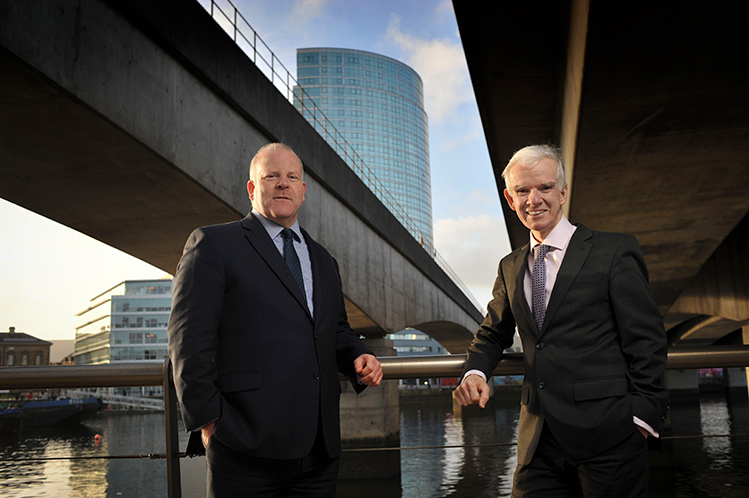The coronavirus pandemic has exposed limitations in the ways companies approach resilience planning. Navigating the tricky path ahead will rely on an ability to adapt and evolve.
COVID-19 has highlighted a large disparity in resilience among UK companies. Just one in five global board members believe their organisation was “very prepared” to respond to an adverse risk event before the outbreak, according to EY’s Global Board Risk Survey.
So, while some have been flexible enough to adjust and respond well to the unprecedented impacts of the pandemic, others have floundered. As a result, many businesses have been left badly exposed to the impacts of the shock on their workforce, operations and supply chains, and are scrambling to adjust.
There is no such thing as absolute resilience and no organisation can prepare itself for every eventuality. However, those that have developed organisation-wide resilience are reaping the benefits while others struggle to sustain poorly thought-through solutions for any prolonged period or for the whole workforce. These patterns hold true for the turbulence that lies ahead: readiness is all.
The pandemic has exposed examples of what Risk and Resilience, a consulting firm, calls “aspirational planners”, organisations whose perception of their own resilience was built on untested assumptions, ignoring the “softer” aspects of resilience, or that didn’t think through the practical details. It is these companies that are now left wondering why their resilience preparations haven’t worked as well as they should.

Rupert Johnston and Alan Elwood, Directors at Risk and Resilience.
“There’s a big difference between putting together some plans and implementing a genuine and coherent resilience capability,” says Rupert Johnston, Director at Risk and Resilience. “The latter includes detailed practical solutions and well-trained crisis management teams, looking across all aspects of the business to manage whatever situations arise. Building resilience takes effort.”
Risk and Resilience works with organisations to understand, build and sustain resilience. The consulting firm provides an end-to-end service that develops capabilities and processes, helps realistic planning, trains teams, and runs exercises and tests, holding up a mirror for companies to see how effective their preparation and planning has really been. Its no-nonsense, pragmatic approach also helps improve the behaviour, skills and competency of in-house teams.
“For that capability to have a meaning, it has to be anchored on an ongoing understanding of the organisation and its situation,” says Johnston. “Where are you not prepared to accept gaps between how resilient you want to be and how resilient you really are, given the art of the possible? We support executives with those risk-based decisions and with strategies and processes to improve resilience in the areas they want to protect. It’s often more about people and processes than technology.”
Risk and Resilience Director Alan Elwood adds: “As risk and resilience practitioners, we know what will practically work and we really challenge aspirational planners. When the chips are down, if you haven’t done the background thinking and planning across the business, your plans will not work as you hope. And building a capability once is not enough; it has to be baked in. You have to continuously improve for your efforts to be meaningful.”
The near future will be a period of navigating turbulence and uncertainty. The ability to adapt, which is at the heart of resilience, has never been more important. To change quickly in the right areas, organisations need situational awareness, understanding what the current situation is, how it’s evolving and what the emerging impacts and risks are.
A whole business approach will be vital, enabled by a capable “nerve centre” allowing companies to make effective decisions as quickly as necessary. It won’t be a straight path, but organisations can navigate it safely with the flexibility to adapt their approach and implement new plans at the right time. It is crucial companies learn from the past and focus on the challenges ahead, not behind them.
“Having coped with the initial impacts of COVID-19, companies risk succumbing to resilience fatigue or complacency,” says Elwood. “Those that navigate the next 12 to 18 months successfully will recognise the value of sustaining resilience. Resilience as a business improvement provides a real advantage for the future and that’s what we help them achieve.”
For more information please visit: www.riskresltd.com/resilience-navigator/
Featured in Raconteur’s Business Risk special report, distributed in The Sunday Times in association with the IRM, Airmic & the CII.







